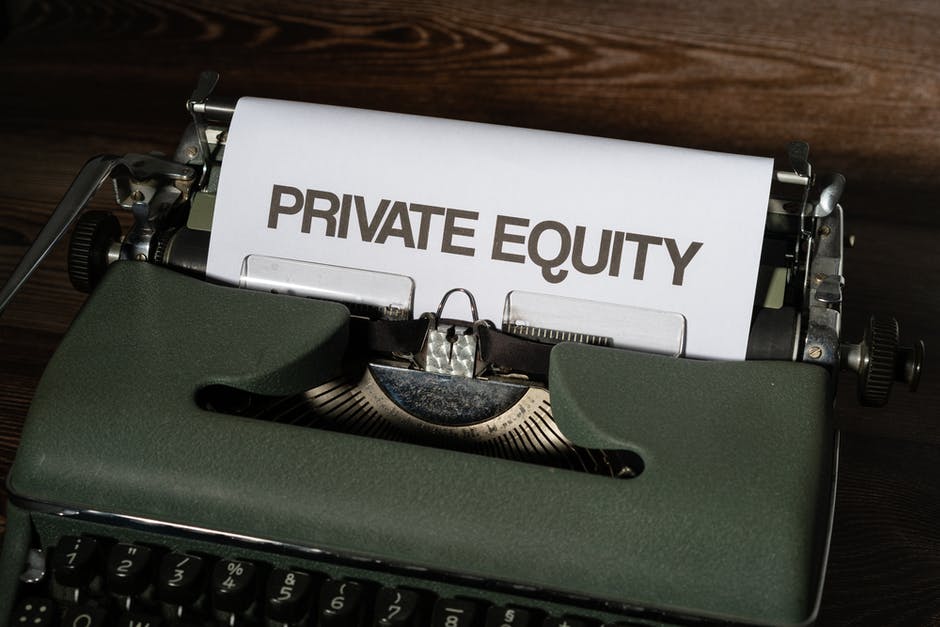Are you looking to become a real estate investor? You’ve dreamed of owning multiple-income properties. If that’s the case, you should consider private equity real estate investing.
Unfortunately, it can be challenging to understand. And it can be even more confusing when you realize there’s a private equity market and a public equity market for you to enter.
If you’re looking to start private equity real estate investing, following these tips can help you get off on the right foot.
Read on to learn more.
Why You Should Consider Private Equity Real Estate Investing
If you’re looking for an investment that can provide you with high returns and asset change, consider investing in real estate.
There are a few things you should know about the real estate market. You’ll need to do your research and due diligence when planning to pursue a real estate venture. When investing in a private equity real estate venture, you may need a longer investment horizon.
Private equity real estate investing is a way to invest in real estate without going through traditional channels, such as banks or agents. Instead, private equity real estate investors raise money from a group of investors and then use that money to buy and develop real estate properties
Private equity real estate investing can be a great way to earn a higher return on your investment. But it’s essential to understand the risks involved.
The Risks of Private Equity Real Estate Investing
A quick guide to private equity real estate investing would not be complete without first discussing the risks of this type of investment.
When you invest in private equity real estate, you’re investing in property that is not publicly traded on the stock market. This means that there is more potential for not being easily turned into cash. You may not be able to sell your investment quickly.
Additionally, private equity real estate investments are often more leveraged than other real estate investments, which carries a higher risk of failure
Although private equity real estate funds can offer significant returns, there is also the potential for losses, as with any other type of investment. To lessen the risks, you must do your homework and choose a reputable, experienced private equity real estate firm.
Additionally, it is essential to diversify your investments and not put all your eggs in one basket. By diversifying, you can balance the risks associated with any investment.
Despite these risks, private equity real estate can be a very profitable investment. If you’re considering investing in private equity real estate, be sure to do your research and understand the risks involved.
The Benefits of Private Equity Real Estate Investing
There are many benefits to private equity real estate investing, including investing in a wide range of property types and purchasing real estate in various geographic locations.
Private equity real estate investing also offers the possibility of significant tax benefits and the ability to diversify one’s investments.
The Different Types of Private Equity Real Estate Investing
Private equity real estate investing is a type of investment that involves the purchase and ownership of real estate properties. Private equity real estate investors typically buy properties to hold them for some time and then sell them for a profit.
There are several different types of private equity real estate investing, each with unique risks and rewards.
The buy-and-hold strategy is the most common type of private equity real estate investing. In this strategy, investors buy a property and then hold onto it for some time, usually 5 to 7 years, before selling it. This strategy can be profitable, but it is also risky because the value of a property can go up or down during the hold period.
Another common type of real estate market investing is the flip strategy. In this strategy, investors buy a property and then quickly sell it, usually within a year.
This strategy can be profitable if the investor buys the property at a low price and then sells it at a higher price. However, it is also risky because the investor may not be able to sell the property at a higher price.
Tips for Successful Private Equity Real Estate Investing
It is essential to clearly understand what private equity real estate investing is and how it works.
Real estate investing typically involves partnering with a private equity firm to purchase and redevelop properties. Click here if you want to learn more.
Another vital tip for successful private equity real estate investing is a clear idea of your goals and objectives. What are you looking to achieve by investing in private equity real estate? It is essential to have a clear and brief answer to this question before moving forward with any investment.
Be sure to research the private equity firms you are considering partnering with. And make sure that you are comfortable with their investment strategies.
By taking the time to do your homework, you can help ensure that you make a wise investment decision and set yourself up for success.
Start Your Journey Into Private Equity Real Estate Investing Today!
If you’re looking to invest in private equity real estate, this quick guide will give you the basics of what you need to know. We talked about the different types of real estate investments. We also shared the risks and rewards involved.
So what are you waiting for? Start investing in private equity real estate today!
For helpful articles on various topics, you’re sure to love, visit the rest of our website!









